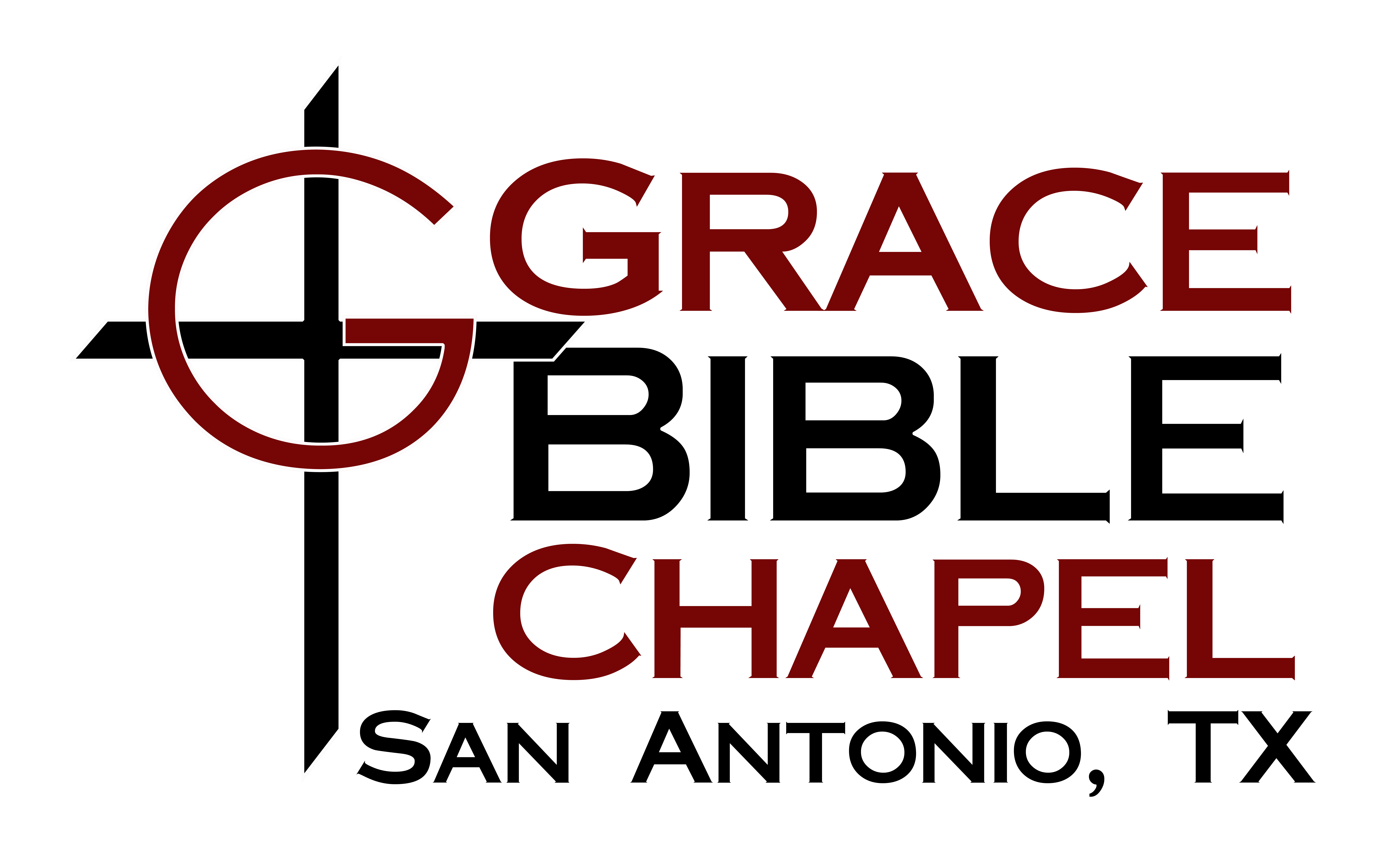
Pastor’s Thoughts – 05/12/24
May 10, 2024
Pastor’s Thoughts – 05-26-2024
May 23, 2024Among the varieties of writings found in Scripture are doxologies. These are divinely and purposely placed unique praises to God. Like all of Scripture that honors, reveals, and glorifies God, doxologies soar into worship from a heart that is overwhelmed by the revealed knowledge and contemplation of God. Doxologies are not placed by accident, but in perfect response to the truth leading up to them. One of the most amazing doxologies in Scripture is found in Romans 11:33-36. Here we read, “Oh, the depth of the riches, both of the wisdom and knowledge of God! How unsearchable are His judgments and unfathomable His ways! For who has known the mind of the Lord, or who became His counselor? Or who has first given to Him, that it would be paid back to Him? For from Him, and through Him, and to Him are all things. To Him be the glory forever. Amen.”
This doxology comes immediately after what many theologians have stated is the greatest treatise on salvation found in all the Bible. And especially because it explains the great sovereign work of God in providing righteousness through His Son to otherwise unworthy and hopeless sinners. To understand the heart of Paul that issued forth under inspiration in this doxology, we must consider all that Paul explains of God’s implementation of His righteousness to sinners beginning in Romans 1:18 through Romans 11:32. In these eleven chapters Paul reveals in systematic clarity mankind’s desperate condition in sin (Vs. 1:18-3:20). He states God’s exclusive remedy for justification (Vs. 3:21-4:25), followed by God’s means of sanctification (Vs. 5:1-8:39), and finally God’s sovereign plan over the recipients of His salvation (Vs. 9:1-11:32). All of this is given in profound detail using quotations from the Old Testament Scriptures with strong arguments so that all Paul presents is irrefutable.
The great theology of Romans highlights the most important issue of life; how can a person be made right with God? The power of these inspired explanations reaches such a height to Paul that from the depths of his being he expresses his love, admiration, and thanksgiving to the Lord by this worshipful doxology (Romans 11:33-36). Paul was overcome with gratitude and amazement, and this is reflected in this doxology. It is as though Paul is himself sitting in the audience hearing the very explanations he writes. He is moved and stirred by the ultimate plan and rule of God over everything. Most people, even who profess Christianity, reject God’s full rulership, and especially over salvation. Instead, Paul proclaims it in undeniable detail and then not only stands in awe of it, but relishes and cherishes it. He further brings it to personal, sobering confrontation with each reader by employing emphasis in the form of rhetorical questions. These are designed to rebuke those lacking faith so that they are powerfully confronted with God’s exclusive salvation in Christ as their only hope.
It is obvious from Scripture that what we believe about God’s rulership has a direct bearing on our relationship with Him. The issue of the first sin, and all sin committed since then, is a matter of not putting God in His rightful place. The true God of Scripture is the only Person worthy of what Paul describes. A. W. Tozer stated, “No people ever rise higher than their idea of God. Conversely, a loss of the sense of God’s high and awesome character always involves a loss of a people’s moral values and even what we commonly call humanity.” This is seen in America as we have fallen so far and so quickly into great spiritual darkness. As God gets smaller in the minds of people, they invent little gods, and finally no God at all. They start believing that they don’t need God. So, they determine He either does not exist, or He is just not important.
Paul’s mindset is totally contrary to the mindset of the world, and this is reflected in his doxology. The quality of what Paul says cannot be manufactured. It is other-worldly. Not only is he not downplaying the infinite value and glory of God by His sovereign work, but he expresses his worship to Him in terms that no person could ever make up. It is so high that just reading it will leave a spiritually minded person in a similar position of mind as John in Revelation chapter one. Upon seeing the glorified Savior, John fell on his face like a dead man. This doxology speaks of the fact that we cannot measure God by our finite standards. The phrase used, “Oh the depth,” expresses metaphorically the awe of Paul at the inexhaustible immensity of our God. Paul then defends God’s right to sovereign rule in verses 34 and 35. Here he presents a contrast between men and God with the intent of showing the impossibility of man being able to sit in judgment of God.
Paul sums up God’s glory by reminding us that God is the source, the Sovereign, and the summation of all things and therefore the exclusive object of our worship. Any other focus or ideas are evil and false. I pray that as we have the privilege of coming together each Sunday that we will keep this doxology in our minds. In so doing, all our joy and thanksgiving will be exclusively and appropriately focused on Him who is worthy of all praise! Paul’s doxology should also be our doxology. We should say from our heart in awe, “Oh the depth of the riches both of wisdom and knowledge of God! How unsearchable are His judgments and unfathomable His ways!.”


